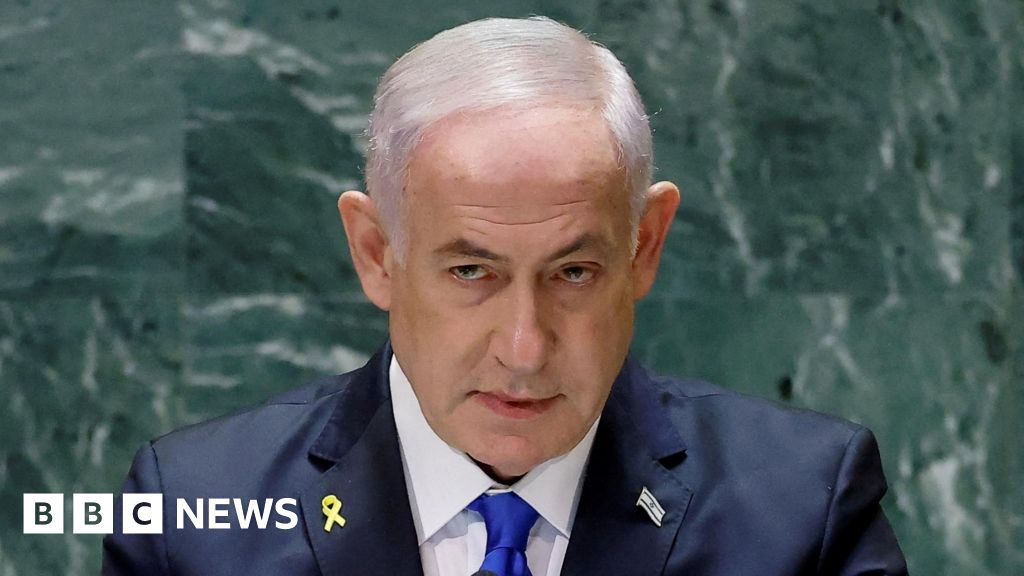Place your adverts here on InfoDig @ low rates; banner ads, sponsored links and guest articles etc. Contact us

Minister of Works, David Umahi.
THE proposal to reintroduce tolling on some federal roads that are undergoing rehabilitation has sparked significant debate among citizens, with many expressing deep concerns over the potential consequences for road users.
Dave Umahi, the Minister of Works, detailed plans by the Federal Government to, upon completion of construction and renovation, toll the Lagos-Ibadan Expressway and other major highways. Other highways to be tolled include the Second Niger Bridge, Abuja-Kano Expressway, and Makurdi 9th Mile. Though tolling new roads could be defended based on the huge financial investments on them, imposing such a tolling burden on users of old rehabilitated roads is unjustifiable.
While tolling is often seen as a viable mechanism for maintaining infrastructure, the realities on the ground in Nigeria suggest that this policy may do more harm than good. In Nigeria, where most citizens are already grappling with economic hardship, tolling highways presents a range of adverse implications that cannot be ignored.
Tolling imposes a financial burden on everyday Nigerians. The average citizen is already overwhelmed by rising living costs, fuel prices, transport fares, and taxes. Adding tolls to frequently used roads could make commuting unaffordable for many.
Daily road users, particularly those in low-income brackets, will be forced to shoulder the additional costs, which could result in a significant strain on their already limited disposable income. This is especially troubling given the lack of viable public transportation options in many areas.
Moreover, tolling can potentially exacerbate the already precarious inflation. With increased transportation costs of goods and services, businesses may pass these costs onto consumers, leading to a rise in prices across the board. This will hit the poorest segments of society the hardest, further widening the gap between the rich and poor.
Nigerians are no strangers to the myriad of taxes and levies that are supposed to support infrastructure development, including road maintenance. Vehicle owners already pay fees for registration, licensing, and fuel, much of which is earmarked for the upkeep of roads. Introducing tolls without a corresponding reduction in these taxes amounts to multiple taxation.
The government’s justification for tolling based on the need for maintenance funds is not entirely convincing, especially when there are widespread concerns about how existing taxes are managed. The public is right to question why road maintenance funds collected through other taxes have not been sufficient to keep roads in good condition.
Beyond the financial implications, the practicality of tolling old roads raises red flags. The reintroduction of toll booths could lead to increased traffic congestion, particularly during peak hours. The old tolling system resulted in bottlenecks at toll plazas, causing frustrating delays and defeating the purpose of efficient road infrastructure. This will reduce productivity.
Tolling works better when there are alternatives. Nigeria’s railway infrastructure is 3,505 km cape gauge and 669 km standard gauge. Before tolling old roads, the government should invest in an efficient railway system as an alternative to roads. It should strengthen water transportation.
Nigeria is in a parlous security moment. The interstate highways are not safe. The minister should not jeopardise the lives of Nigerians because he wants to rake in revenue for the government. So, before tolling commences, Umahi should collaborate with the security agencies to establish an effective security system at tolling points.
In the United States, at least 15 of the 50 states do not toll their roads.
The government must seek alternatives that do not unduly burden its citizens and ensure that existing taxes are effectively used to maintain and develop the country’s road network. Road taxes could be part of some other headings.
The Presidential Tax Reform Committee says there are 62 official taxes and wants to reduce this to nine. The minister should wait for the committee to finalise its assignment before compounding the tax burden on citizens.















 English (US) ·
English (US) ·